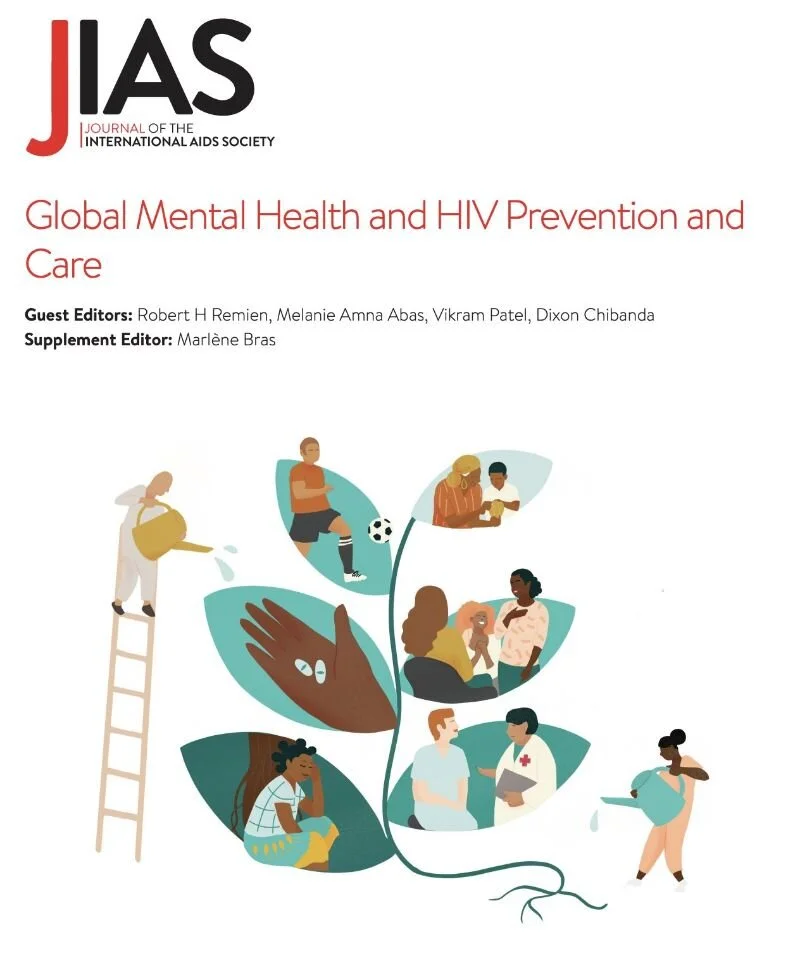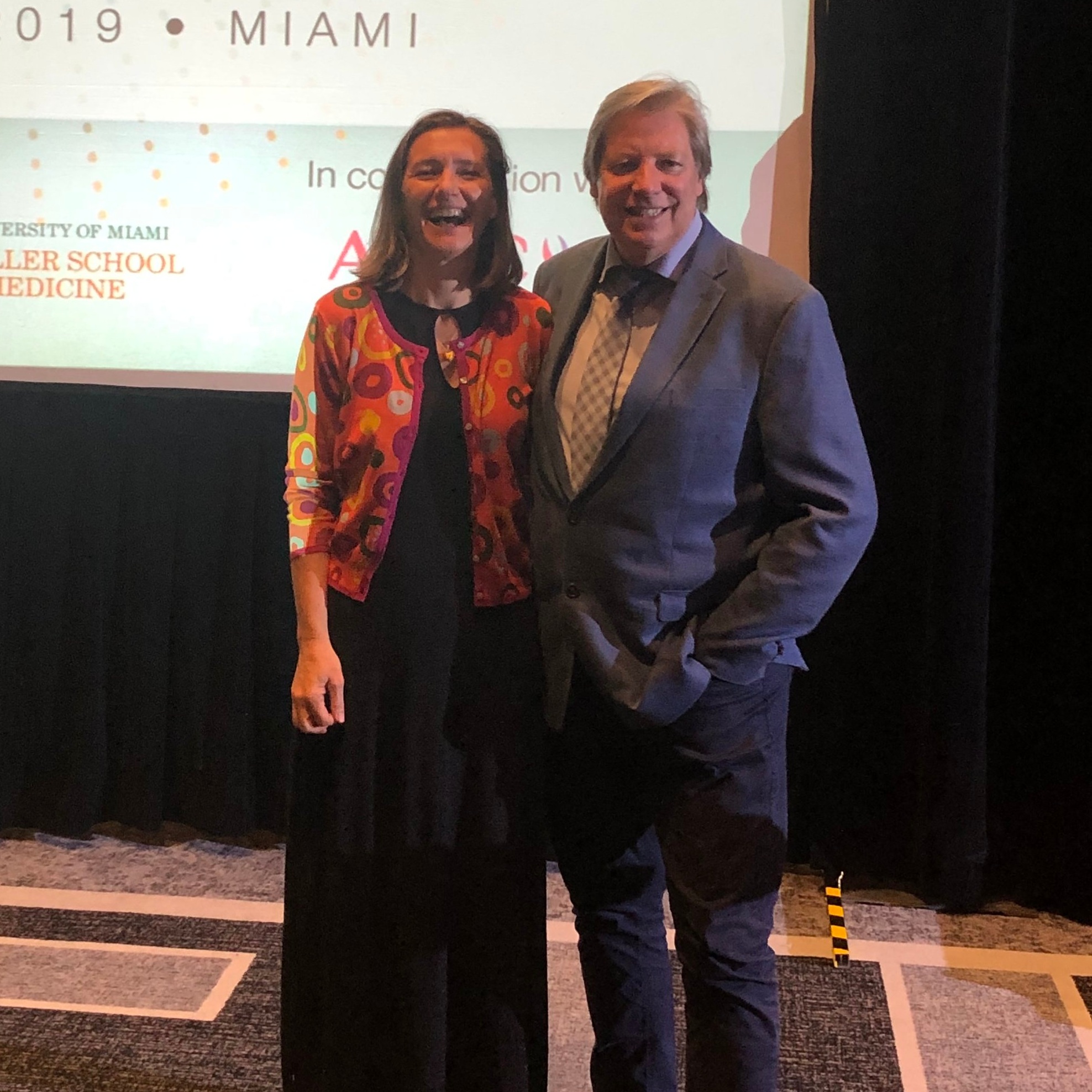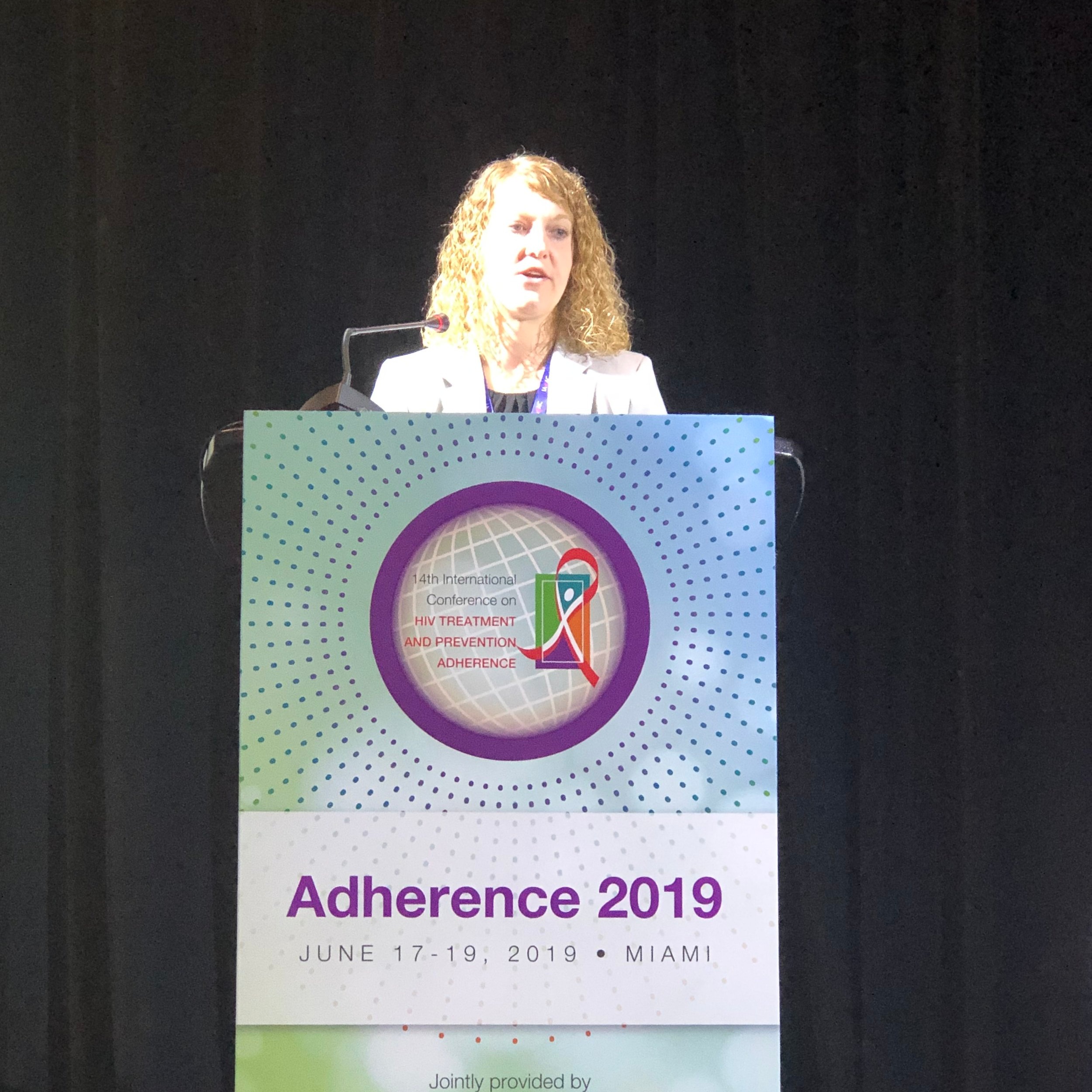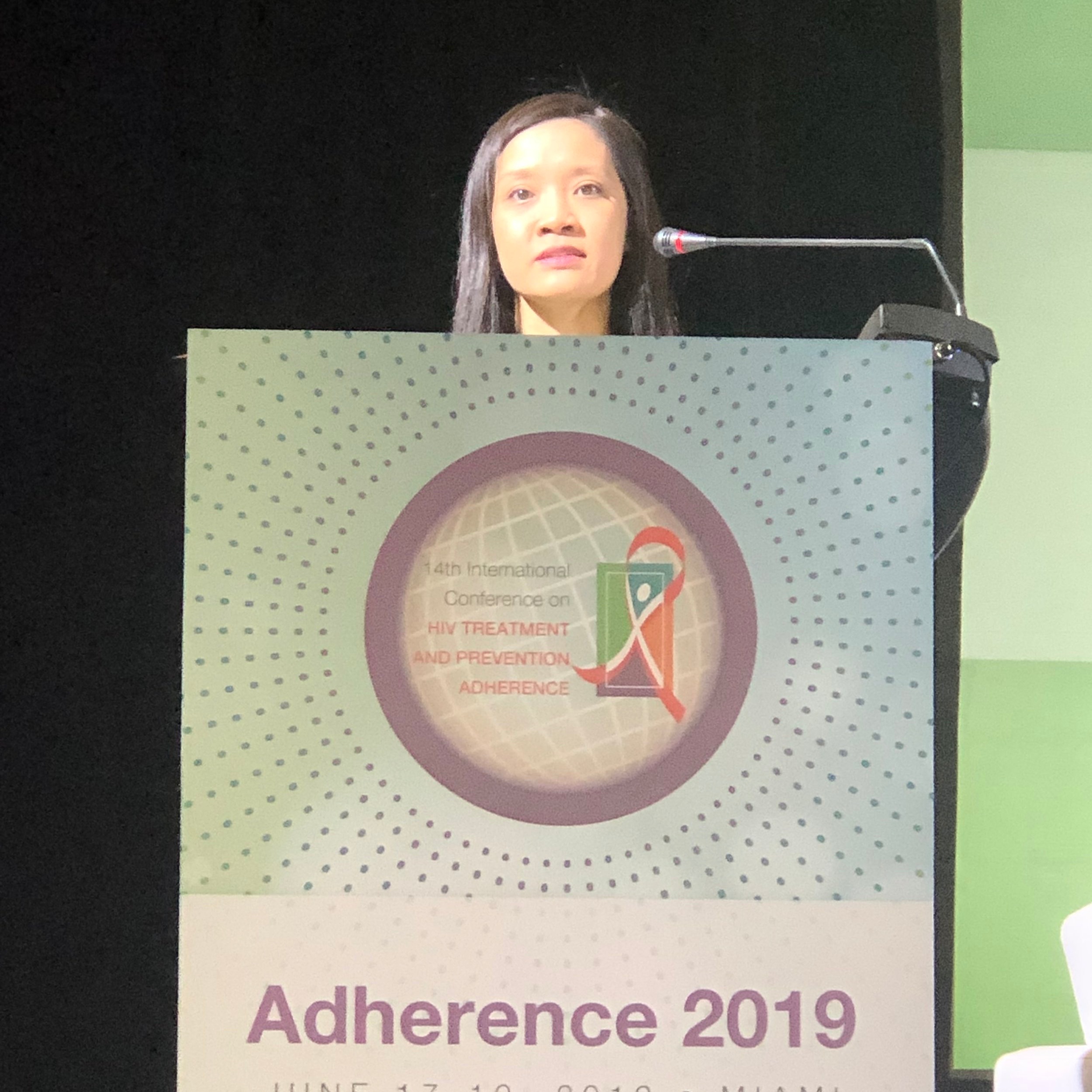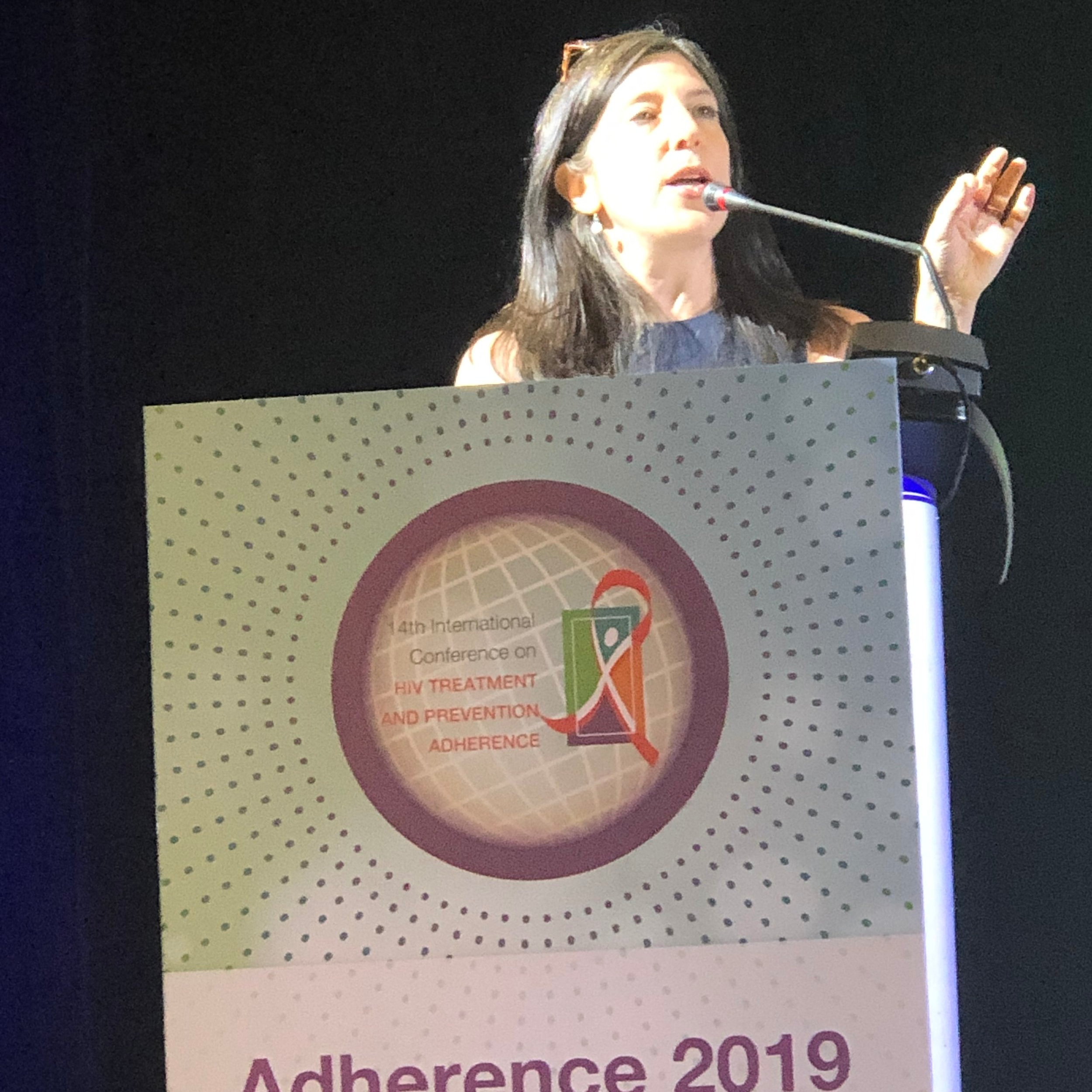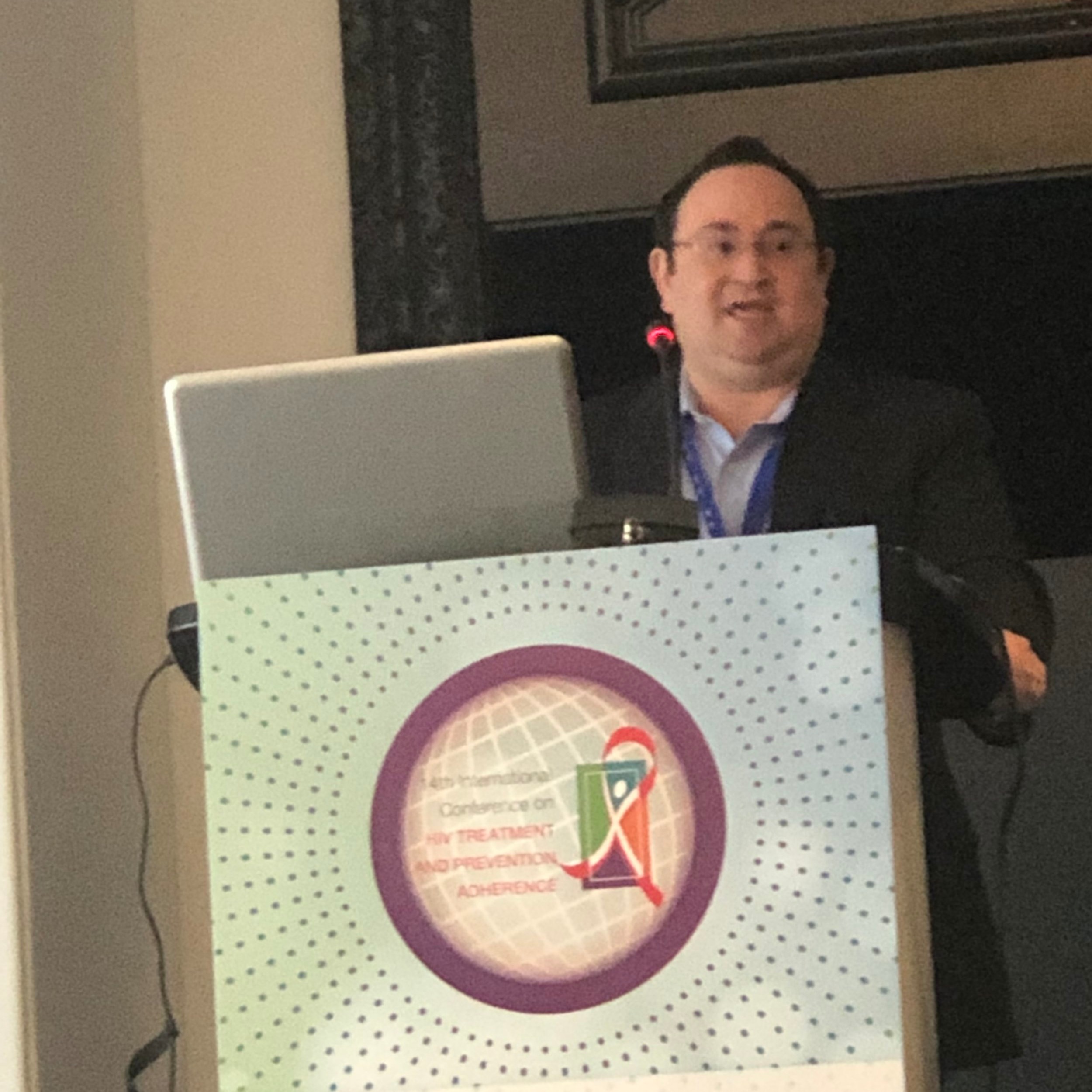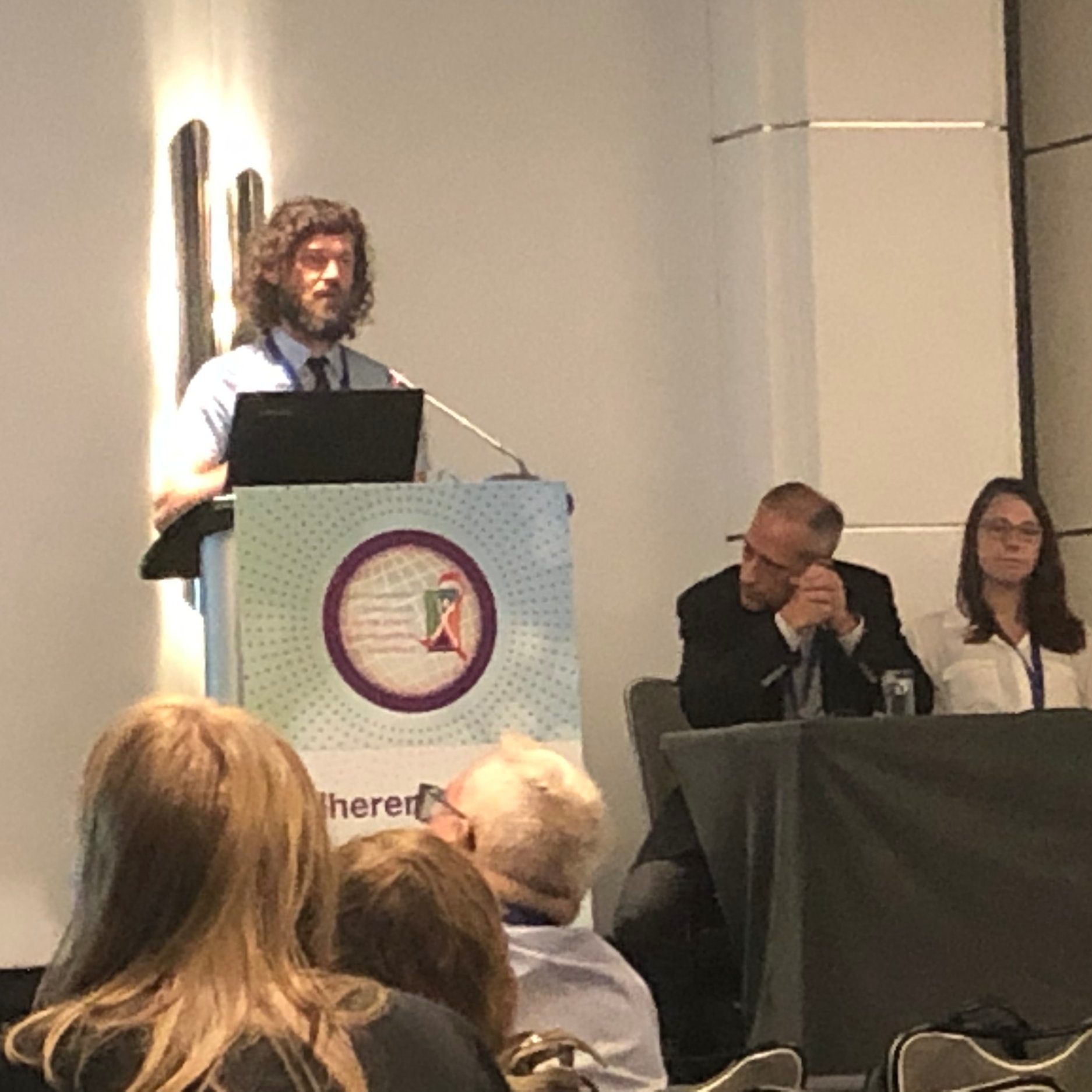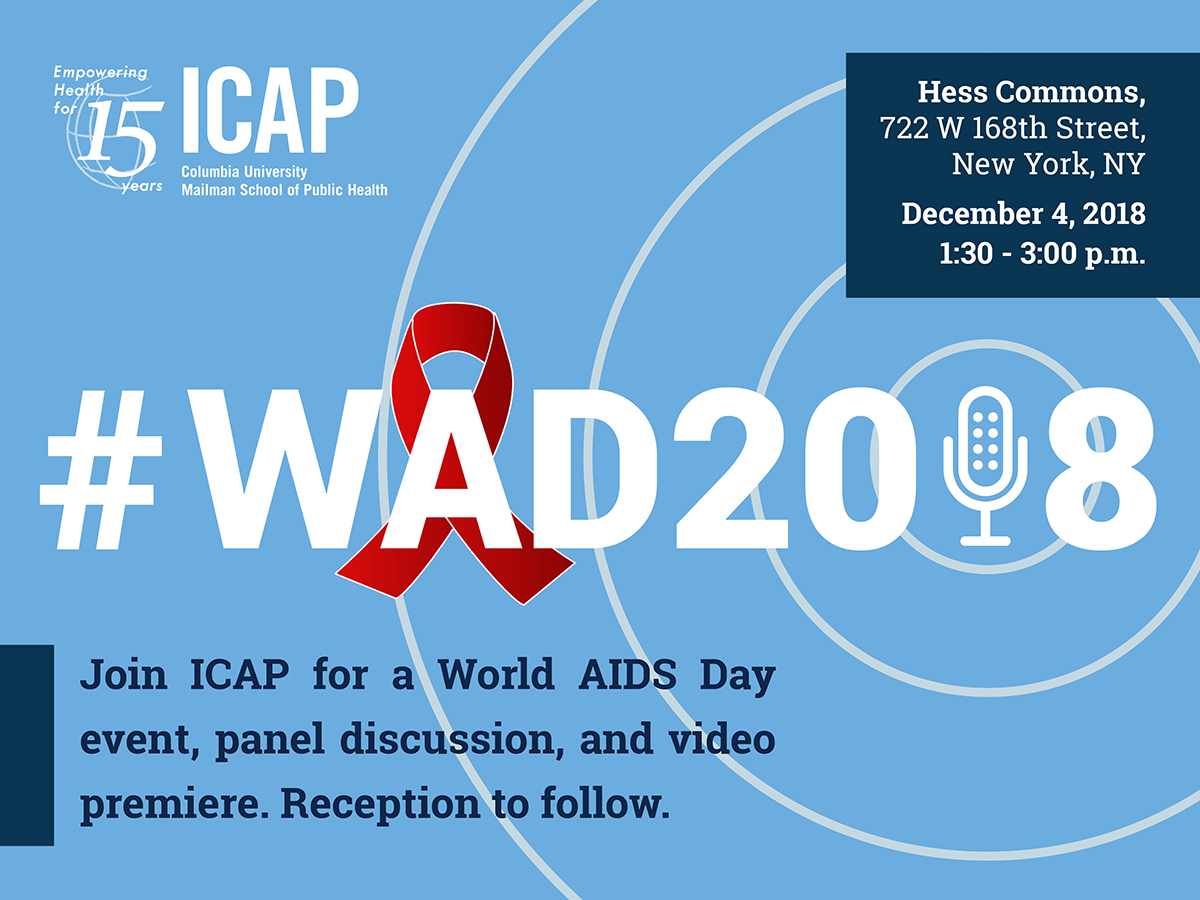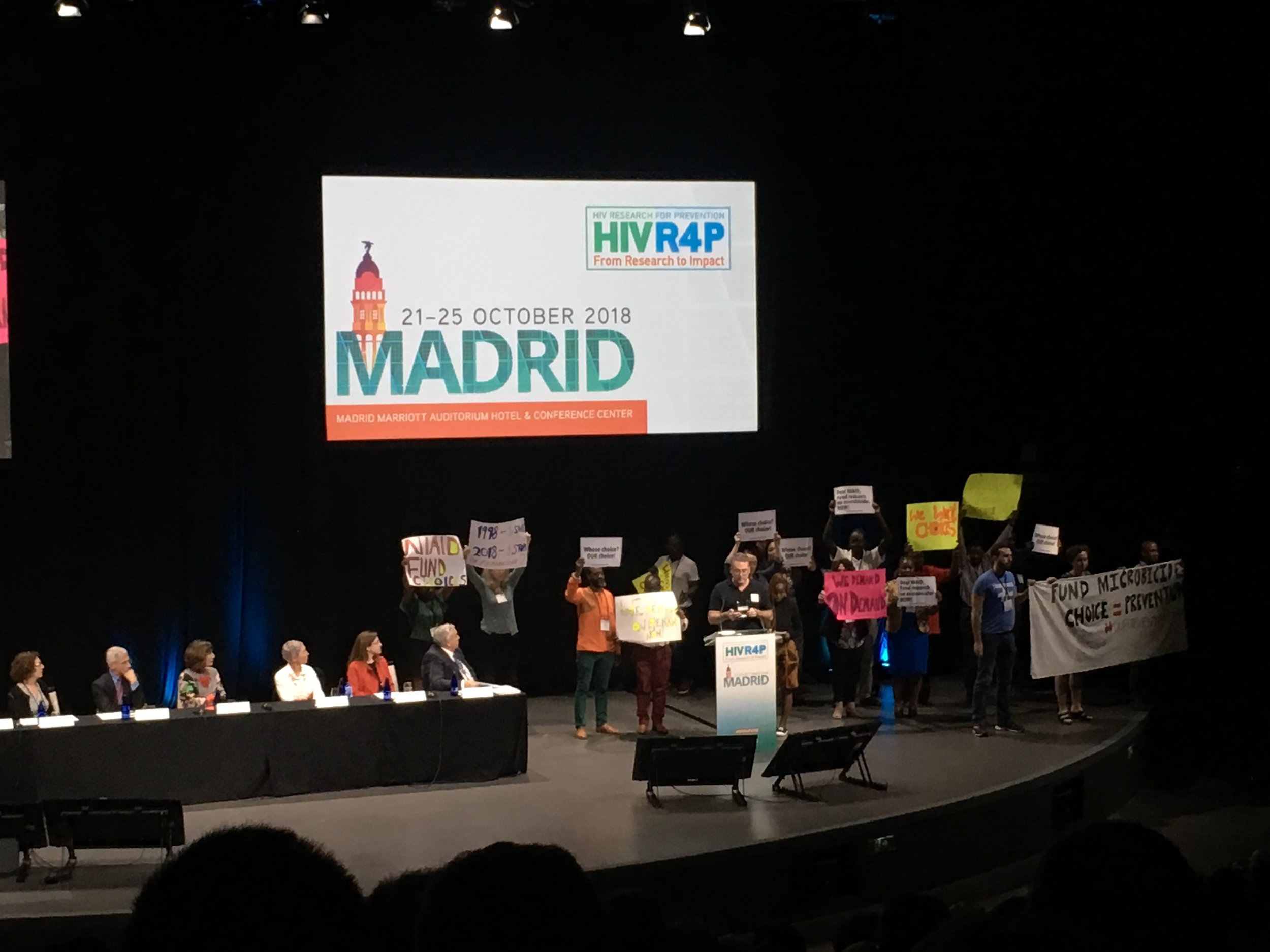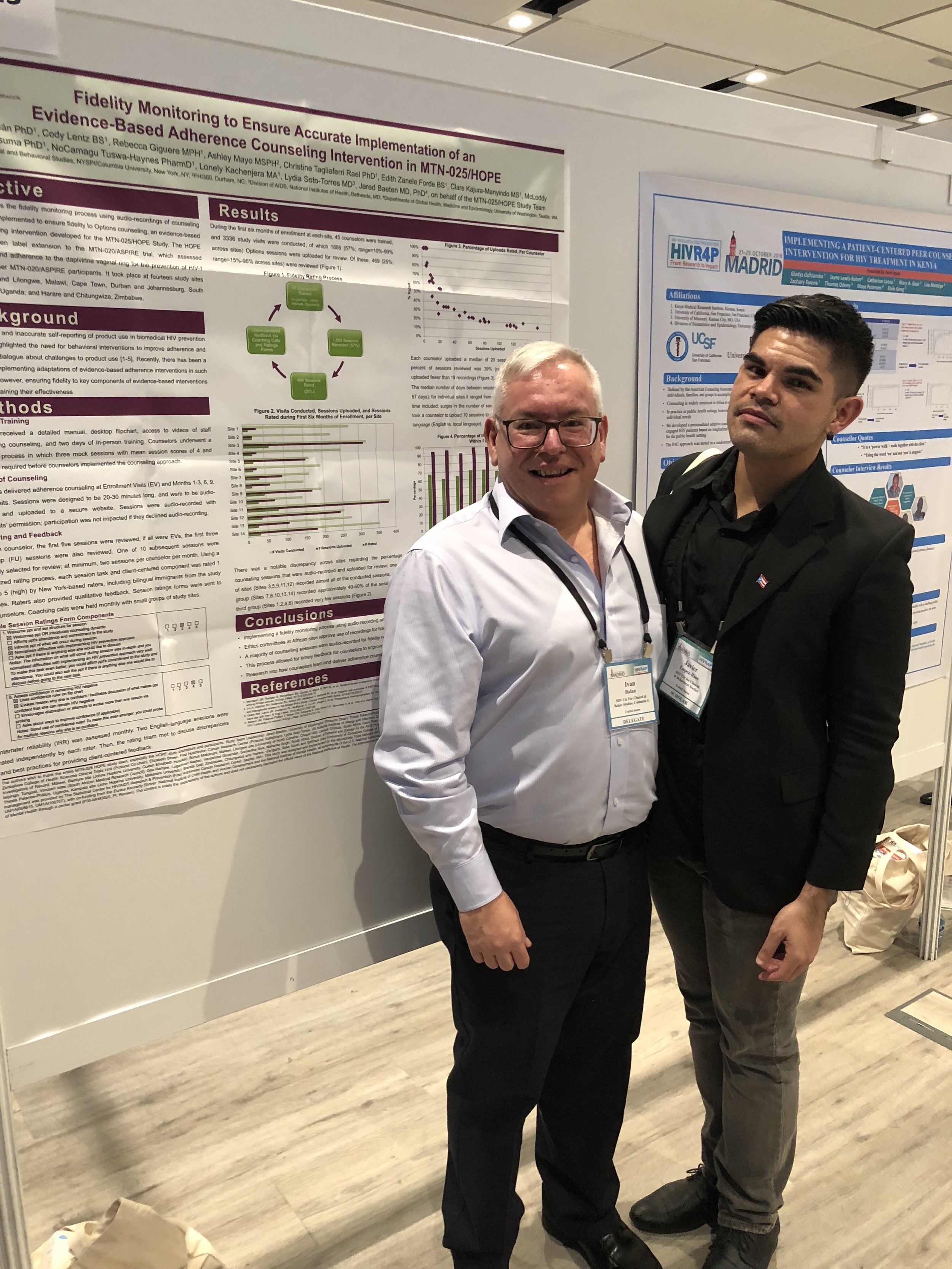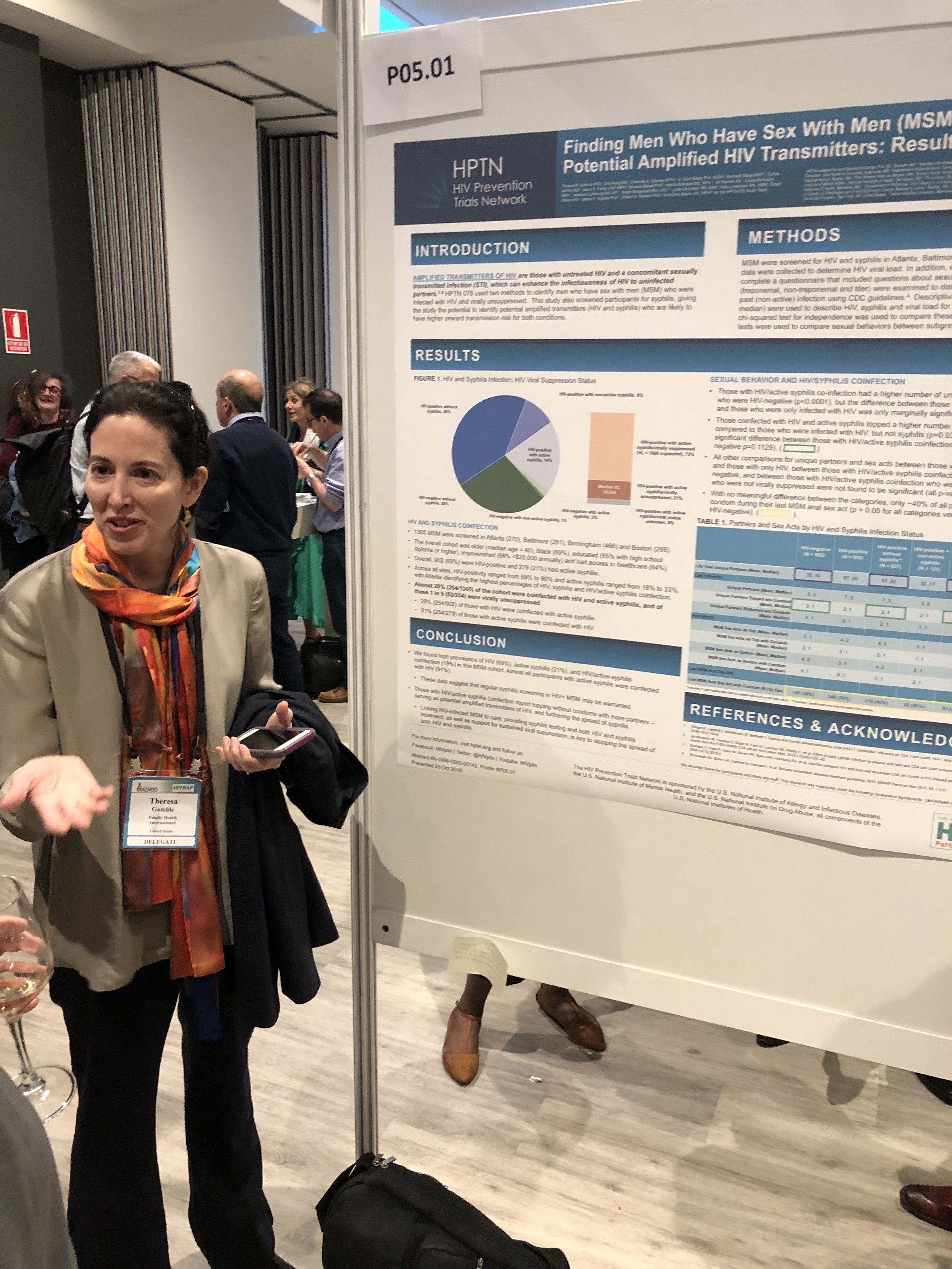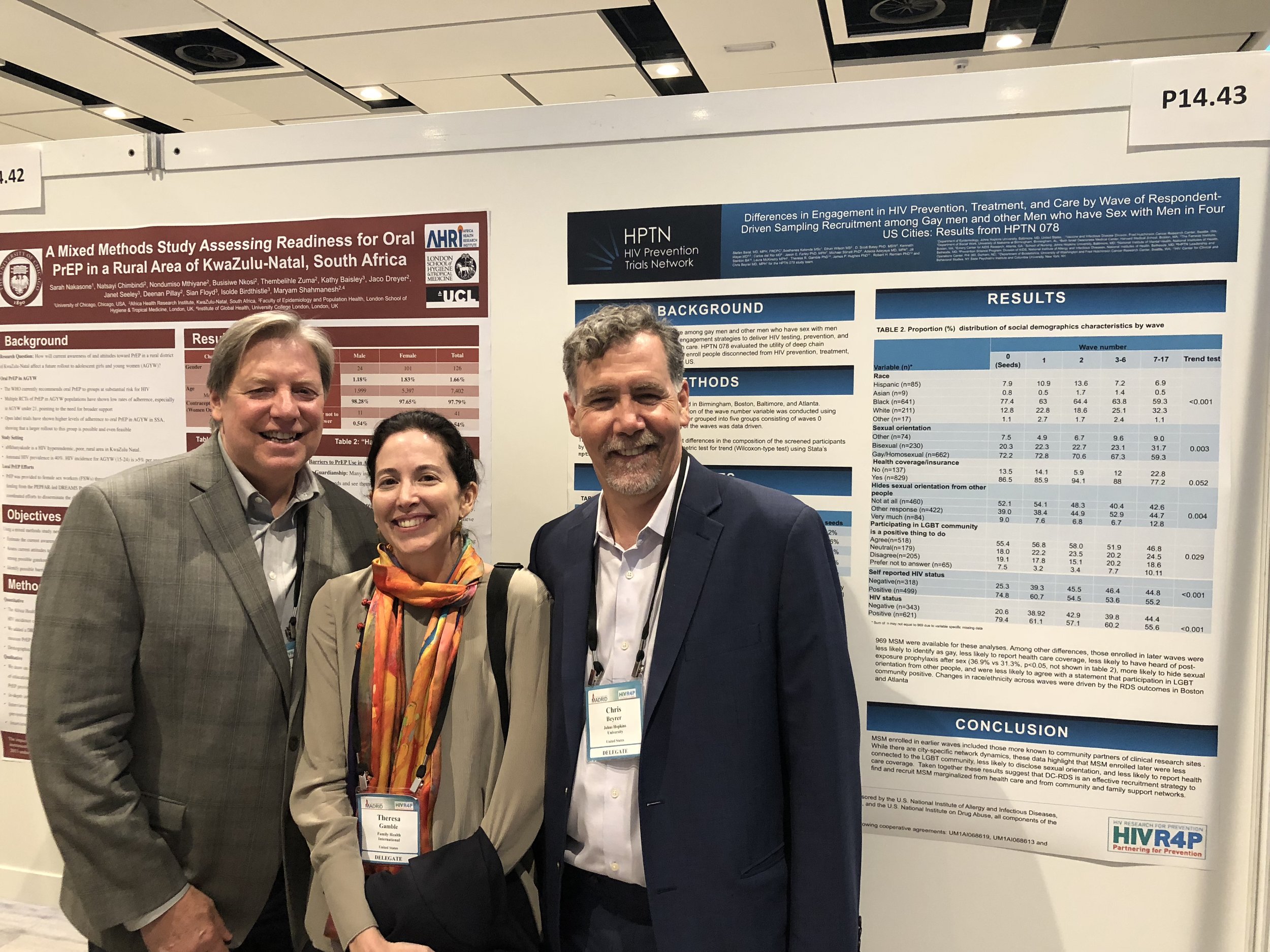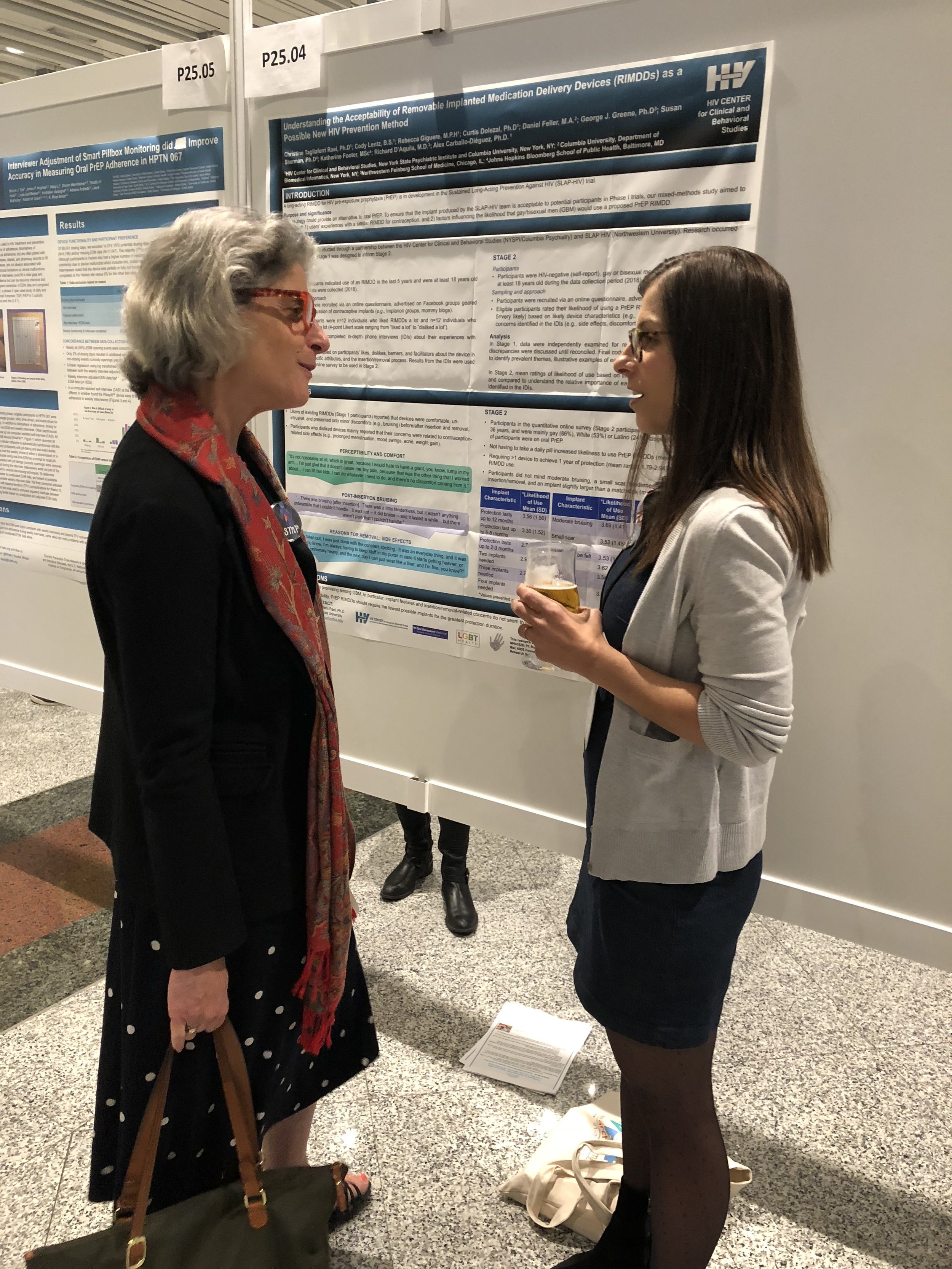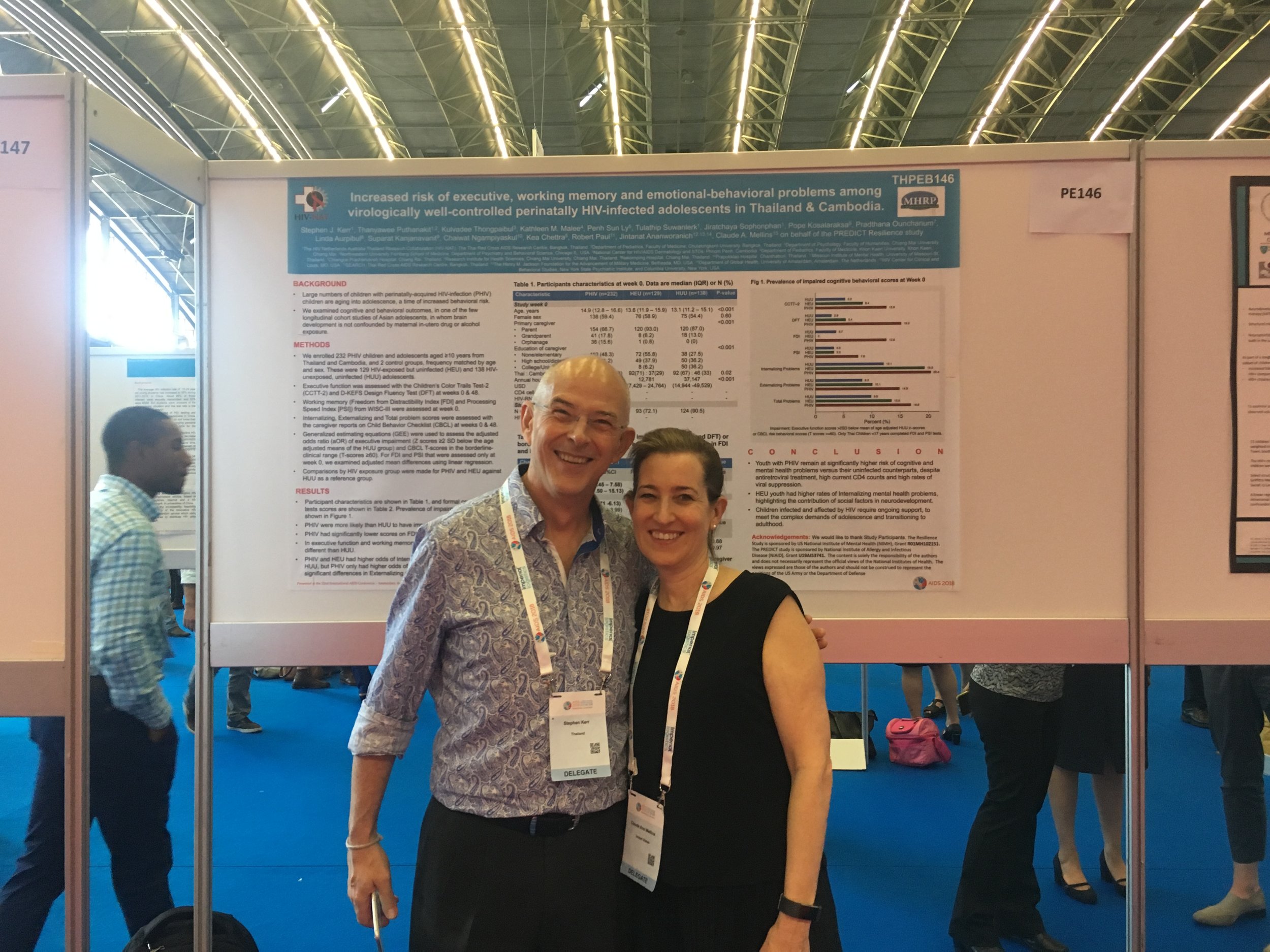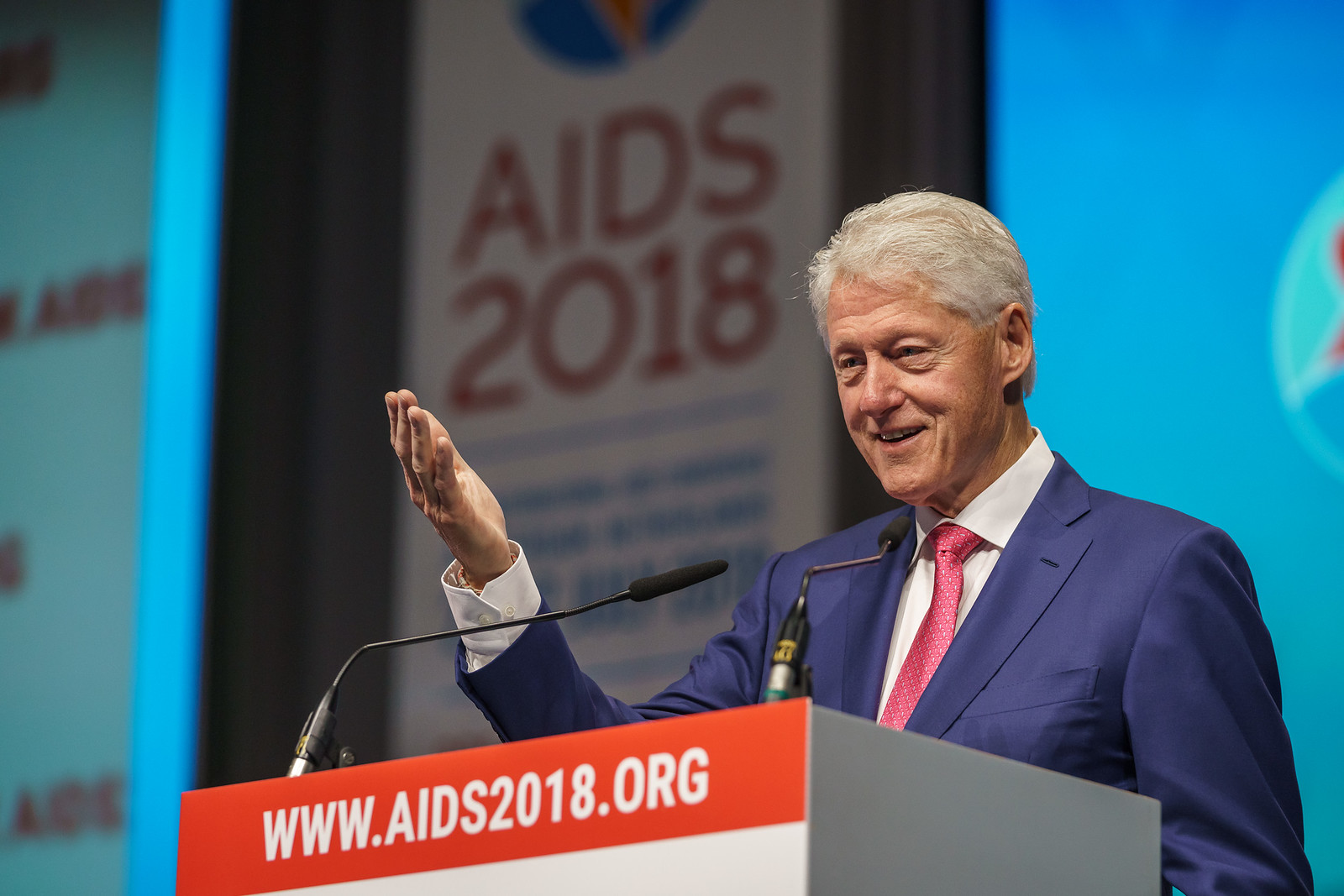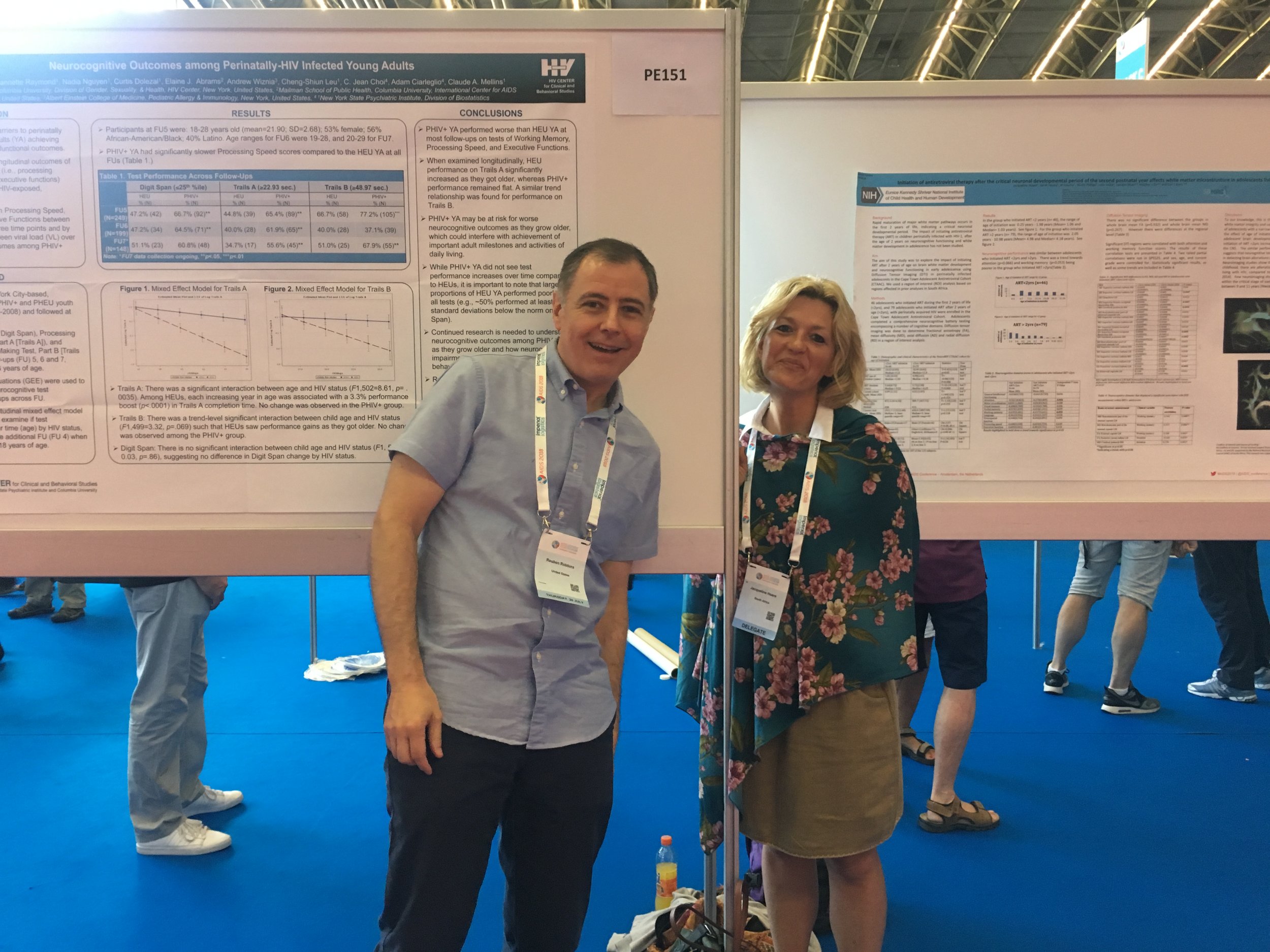The HIV Center for Clinical and Behavioral Studies, at Columbia University, and the New York State Psychiatric Institute and Research Foundation for Mental Hygiene will forever miss its founding Co-Director Emerita Dr. Zena Stein, who died on November 7, 2021, at the age of 99.
Zena Athene Stein championed issues of health and social justice across the world. Born in South Africa to Jewish migrants from Lithuania, Zena was an extraordinary teacher, mentor, researcher, colleague, and friend to many in Psychiatry and Public Health at Columbia and internationally. Her brilliance, warmth, wisdom and humility nurtured decades of students, research fellows and young investigators, as she encouraged them to pursue their passions, always pushing them to do more, to ask challenging and difficult questions, and to use the strongest science available. For over 70 years she and her husband, the late Dr. Mervyn Susser, Professor of Epidemiology at Columbia, with whom she co-founded the Epidemiology Doctoral Program in Public Health and the Gertrude H. Sergievesky Center within the College of Physicians and Surgeons, advanced rigorous research in public health. Zena was head of the Epidemiology of Brain Disorders department at New York State Psychiatric Institute for more than 30 years, where she led innovative work on neurodevelopmental disorders, spontaneous abortions, and genetic epidemiology, before turning her attention to HIV.
In the early days of the HIV epidemic, Zena foresaw that increasing numbers of women were likely to be infected by their partners, but her grant proposal was rejected on the grounds that heterosexual transmission was rare or nonexistent. Thereafter in 1987, however, the HIV Center for Clinical and Behavioral Studies in the Psychiatry Department at NYSPI and Columbia University, was established, explicitly including a focus on women. Dr. Anke Ehrhardt, Professor Emerita of Medical Psychology (in Psychiatry) was Director, and Zena and Dr. Robert Spitzer were Co-Directors. The establishment of the Center was a pioneering undertaking that was initially met with considerable resistance, given the stigma surrounding both HIV and homosexuality. At the HIV Center, Zena and Anke encouraged researchers to focus on those who were neglected and most vulnerable, including gay men, as well as women and children. By the late 1980s, there was an increasing epidemic among women, but it remained “invisible” to many. Zena promoted research on treatment and breastfeeding for the children of HIV positive mothers in poor countries and was a strong proponent of reproductive rights, child development and the study of women over the life cycle. She believed, even in the era of HIV, that women, as well as gay men, were entitled to control their sexuality, well-being, and physical health. In line with these principles, she envisioned and advocated for the development of women-centered methods which might allow women to conceive, if they wished to, while preventing HIV infection. She advocated for the research and distribution of the female condom as well as microbicides. In addition to her research, Zena co-founded and directed the HIV Center’s NIH-funded T32 Post-doctoral Fellowship program, to generate behavioral and social sciences research in HIV. The many fellows she mentored and inspired went on to make significant contributions towards HIV prevention and treatment.
Zena had an unwavering global vision. Before HIV, she inspired a worldwide parent-centered perspective on childhood disability which was implemented by UNICEF. She also led a landmark study based on the Dutch Famine of 1944-45, a natural experiment designed to determine whether severe nutritional deficiency in utero - quite common in poor countries and also evident in the poorest communities in the US - impaired the cognitive development of offspring. In the 1990s, working initially with medical allies of the African National Congress (ANC) that led the struggle against Apartheid, she became an expert and mentor in HIV epidemiology in Southern Africa, and at the same time, KwaZulu Natal South Africa emerged as the world epicenter of the HIV epidemic. After the end of Apartheid, Zena and Mervyn, both nearly 80 years old, launched the Africa Centre for Health and Population Studies (one of two centers in Africa funded by the Wellcome Foundation) which involved them living six months in a remote and, at the time, dangerous Hlabisa, KwaZulu Natal. In 1994, Zena launched Columbia’s AIDS International Training and Research Program in South Africa, a program that went on to train more than 800 fellows. Zena continued to do work in Southern Africa, bringing many of her colleagues there to work on addressing the devastation of the HIV/AIDS pandemic. The efforts of Zena and Mervyn in South Africa were not lost on Nelson Mandela who on their 80th birthdays sent the following message: “Over the years, especially when we were in prison, we managed to get trickles of information about you…your active contribution to struggle for democracy was undiminished…Although we are divided by a great distance today, please know that our thoughts and best wishes are with you…”
Zena’s profound scientific and moral commitment and insight will live on not only at Columbia Schools and Departments but across the country and globe. We will remember Zena always for her commitment to public health, for advancing science, for integrating social justice into every aspect of her work, and for never giving up. We will remember her love of people, of poetry, of humanity and our thoughts are with her family, many of whom we are lucky to call colleagues and who have made substantive contributions to their respective fields including Psychiatry, Psychology, Anthropology and Public Health.



















